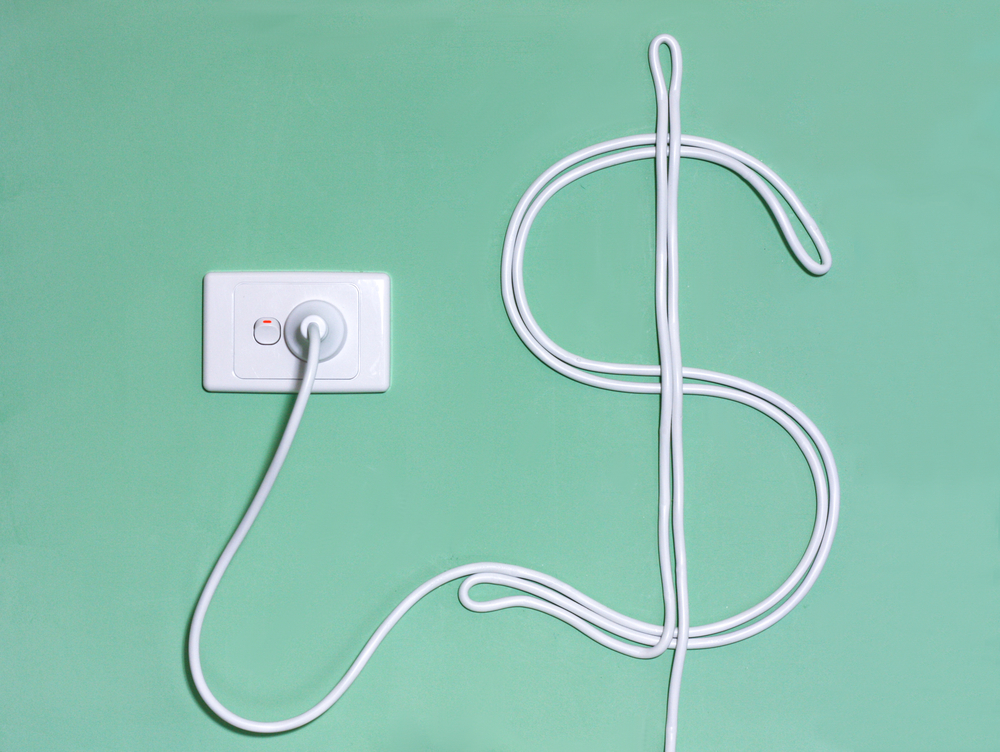RIO DE JANEIRO, BRAZIL – The government is expected to issue a new Provisional Measure (MP) for the energy sector in the next few days, broader than MP 950, which exempted low-income families from paying their electricity bills during the Covid-19 pandemic and which expired last week.
The proposal aims to direct funds to cut tariff increases and reduce the cost of energy for consumers in the North and Northeast.
The text is expected to redirect resources, now paid by distributors, transmitters, and generators for Research and Development (R&D) and Energy Efficiency programs, into compensating them for offering consumers lower energy bills.

The estimated amount is between R$3 billion (US$600 million) and R$4 billion and will be invested in the Energy Development Account (CDE) fund, which finances several incentives and public policies, from discounts for low-income customers to the ‘Luz Para Todos’ (Electricity for All) federal program.
Unlike other taxes collected by the government, 40 percent of the R&D fees are kept in the companies’ accounts until the projects are approved by the National Electric Energy Agency (ANEEL). In the case of energy efficiency, 80 percent remains in the company’s coffers and 20 percent is allocated to the National Program for Electrical Energy Conservation (PROCEL).
It is this portion, still unused in projects and still held by power companies, that will be used to lower the tariffs. The available amounts will be determined by the regulatory agency and the projects previously contracted will be preserved. The surplus will be reserved for the tariffs until the settlement of the relief operation to distributors – known as ‘Conta-Covid’ (Covid Bill).
Benefits
In an attempt to prevent another MP targeting the sector from losing validity in Congress for not being voted on, the government wants to please legislators in the North and Northeast and benefit consumers in those regions.
Among the options under consideration is a lower CDE (tax on subsidies incorporated in the electricity bill) for consumers of the utility companies in Acre and Rondônia.
Currently, these consumers pay more than those in other Northern states because they were connected to the distant Southeast/Central West electricity grid, with higher rates.
The government is also exploring ways to lift the obligation for consumers of the six distributors privatized in 2018 to pay the loan that financed these companies’ operations during the designation period – between July 2016, when Eletrobrás decided not to renew concessions and the actual sale of distributors.
During the designation period, these companies’ costs – in Acre, Amazonas, Roraima, Rondônia, Alagoas, and Piauí – were paid with a loan of R$6.5 billion, with resources from a sector fund collected through the electricity bill of all consumers in the country.
According to these companies’ privatization bid rules, the money would be paid by local consumers in 20 years, starting from the fifth year of privatization, in the form of a tariff increase. In other words, collection would begin in 2023. Now, the government is considering waiving this obligation.
Another option is for the CDE money (supplied by all consumers) to be used to pay for these companies’ outstanding investments rather than the customers located only in these states. The payment of these investments could raise the tariffs of some distributors by as much as 20 percent.
An increase in the reimbursement threshold for the cost of thermoelectric plants supplying isolated systems in the Northern Region is also being assessed. This cost is covered by sector funds paid by consumers throughout the country – in other words, the benefit to the North will burden the other regions.
Angra 3
The government is still analyzing whether to include issues related to the Angra 3 Nuclear Power Plant in the MP, but there is no consensus. The federal government is considering granting the plant a 40-year concession term, extendable for a further 20 years, establishing a schedule and conditions for the sale of energy – including price – and enabling the termination, free of charge, of the current reserve energy contracts.
There is also an option to extend the Renuclear program, which establishes tax incentives for the sector, until 2025.
Studies by BNDES (National Bank for Economic and Social Development) have shown that it is possible to secure bank loans to finance the continuity of the plant’s construction, provided that the energy reference price of Angra 3, fixed at R$480 per megawatt-hour (MWh), is officialized as a tariff.
Once the building hurdles are overcome, the enterprise would become a low-risk cash generator. Its completion cost was estimated to be R$15 billion but should be recalculated.
Source: R7

